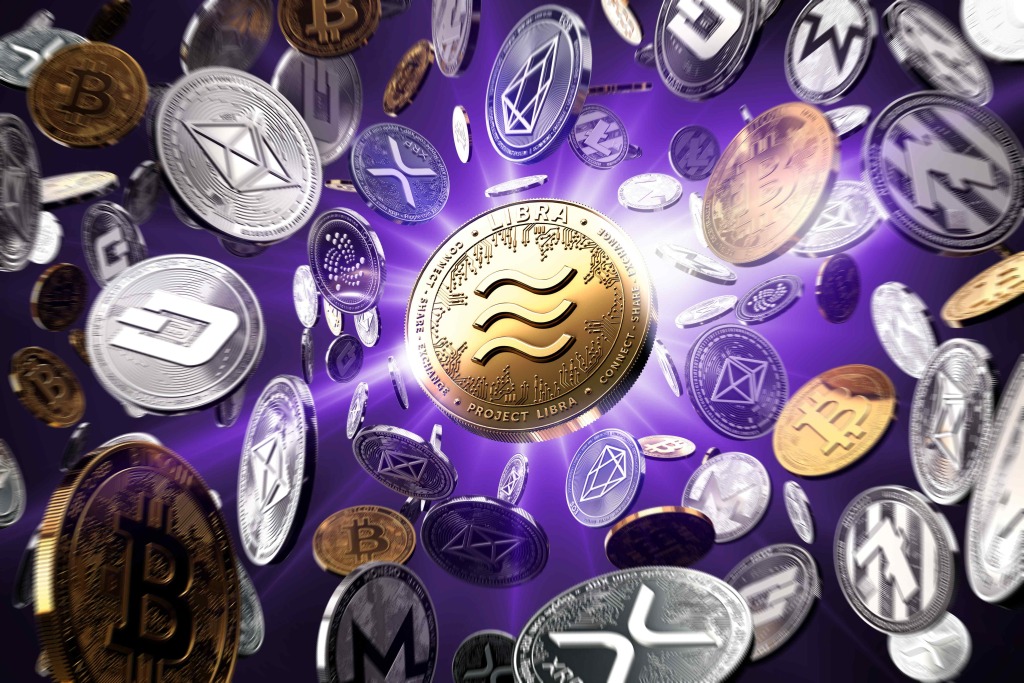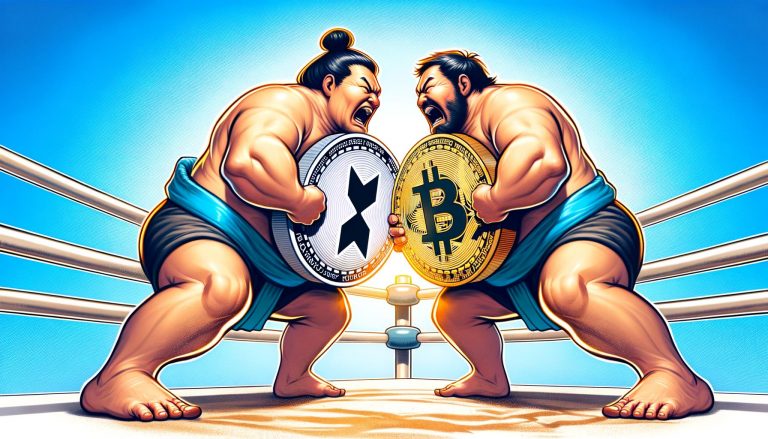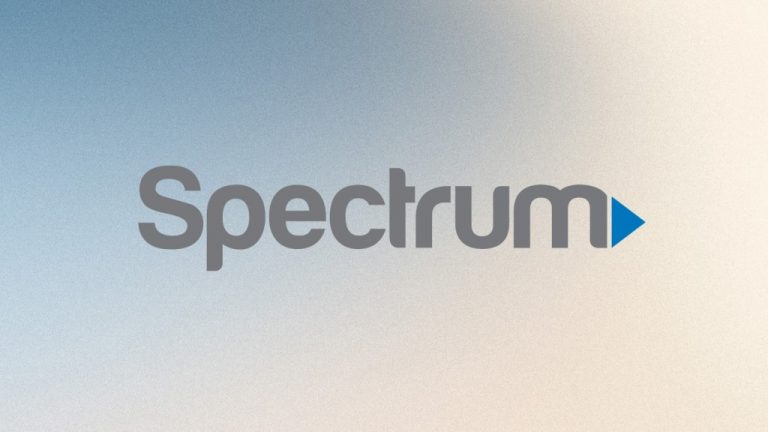Bitcoin, launched in 2009, revolutionized the world of cryptocurrencies. Now, tons of different digital coins exist. What’s their name, you wonder? Simple, they’re called **altcoins**, short for “alternative coins.” This term covers all cryptocurrencies apart from Bitcoin.
As of July 2022, altcoins occupy around 40% of the market share. Conversely, Bitcoin and Ethereum occupy 60% of the market, respectively. A 40% presence indicates that there are many altcoins on the marketplace you can choose from, which will satisfy your needs. For example,you can use a specific altcoins to purchase goods or services, as well as to fulfil certain investment ambitions.
Types of altcoins
In the crypto industry, you’ll find various types of altcoins with more than one category. Here is a list of the typical altcoins you can find out there:
Governance Tokens
As the name suggests, governance tokens give you a shareholder’s right on a particular blockchain. Doing so allows you to have a say in what can be done in an autonomous organization. For example, suggest the financial products, among other investment decisions a firm can make.
They are native, which means they follow an exact blockchain’s policy.
Uses:
- Allow you to influence policy making in a business setup, for instance, how an organization should design and spend on a budget.
- It will give you a say on whom to include as shareholders in the business, among other integrations.
Meme coins
These altcoins are artistically designed to portray a joke or make fun of other popular cryptos. Examples of meme coins you can find in the market include the DOGE coin and GRLC coin.
You can use meme coins for a short period when they are in fashion or demand―for instance, within the meme coin season.
Uses
- You can use them to tell a story, create awareness regarding a particular course or activity in the community, or when they’re in fashion.
- You can temporarily invest in them particularly when they’re at their peak season of fame.
Utility tokens
Utility tokens are created to provide services within a particular network according to user needs. Examples of service provision altcoins in the market include the Helium coin that facilitates communication between different IoT devices.
The Theta coin you can use within a peer-to-peer network to provide high-quality video streaming services worldwide. And the XRP digital coin you can utilize to improve trading between the different fiat currencies.
Of importance is first to identify the kind of service you require before purchasing any of the utility tokens.
Uses:
- In the facilitation of service provision
- In the storage of value
- As an initial coin offering ICO, particularly when a project or business is starting up and requires financial aid. In this step utility tokens can act as capital.
Security Tokens
Crypto investors typically receive this type of altcoins after the division of an asset. Security tokens are mostly found on stock markets and are controlled by the Securities and Exchange Commission, making them secure.
Uses:
- offer electronic signature services on a block chain. Besides, they can represent ownership of part of an asset, such as the corporate stock, real estate, and car, among others.
- Security tokens can also help in the securing of physical access to buildings. This gives a security token a role of a utility token.
Stablecoins
These altcoins are specifically designed to offer stability in the market. They base their value on a basket of goods such as precious metals, fiat currencies, or other native coins. They can be handy if an altcoin encounters a problem. Examples include the USD coin, the USDT, and the MakerDAO’s DAI.
In addition, a few of them integrate price adjustment algorithms depending on the supply and demand dynamics. This helps in cutting out extreme volatility associated with the cryptocurrency market.
Uses:
- In stabilizing a problematic crypto market; for example, during volatility times as they act as a crypto reserve.
- As a fiat currency or utility token within the market
Payment Tokens
Payment tokens are specifically developed to be used as a type of currency in the crypto and fiat currency markets. Popular examples of such include Dash and Litecoin, which can be used for the purchase of physical products or services.
You can also use other payment tokens, such as Zcash and Monero, albeit their complicated nature.
Uses:
You can use them as an exchange for a particular service or product.
Play-to-Earn Tokens
Last but not least are the play-to-earn tokens mainly associated with crypto games. You can find such kinds of altcoins within a network of games. Normally, you have to participate in a specific match or crypto game to earn a native token.
Uses:
You can use your earned tokens to purchase extra games, characters, and features or for other brokerage services.
Popular altcoins
On a similar note, there’re a plethora of popular altcoins you can choose from.
They include:
Ethereum
Introduced in 2013, ETH is the most popular altcoin so far with a market share of almost 18%. Unlike BTC, Ethereum doesn’t have a max market cap in the number of coins. ETH blockchain is the most popular Smart contract platform at the moment.
Binance coin
It is one of the largest cryptocurrencies in the market owing to its huge per market cap share―its main rivals are the Ethereum and Bitcoin native coins. Its recent integration of the Binance Smart Chain feature will likely encourage a continued presence in the crypto space.
With it, you’ll be able to transact your funds quickly at a lower fee compared to other cryptocurrencies.
Filecoin
Next is Filecoin, an altcoin that has become popular in 2022 owing to its advanced cloud storage capabilities. The coin also seeks to use blockchain technology similar to Bitcoin’s to allow a cheaper way of storing value.
XRP coin
The Ripple XRP is also another popular altcoin in 2022. It is used widely in a variety of transactions, such as cross-border payments, as well as in ecommerce businesses. You can use it to acquire products and services from overseas at a cheaper transfer rate.
Do altcoins have a common feature?
- Share the original Bitcoin technology: As mentioned above, the various coins in the altcoin market originate from Ethereum and Bitcoin. They use a similar blockchain technology to produce new variants that can solve more contemporary problems. For example, Litecoin uses Bitcoin’s source code to generate a hybrid model that is way faster than the original bringing about their mass adoption.
- Feature common ledgers: to keep things in order, different altcoins, integrate common ledgers that document transactions, as well as store the details of the produced and existing coins.
On top of that, they feature smart contracts, whereby newer cryptocurrencies sign agreements with their parent blockchains before using the technology. They must also showcase a proof of work.
How do the altcoins work?
Altcoins work in a similar way to Bitcoin, though with some slight variations depending on what each one of them is meant for. However, a majority of them undergo a mining process to produce newer coins. Here the original or parent blockchains are broken down into smaller units, as well as showcase a proof of work.
Generally, how altcoins work depends on each particular digital currency or coin and their inherited characteristics from their parent blockchains. Below is a breakdown of how a few of them work:
Helium: it is one of the fast-rising altcoins with a unique working process. In summary, this crypto enables the communication between IoT devices in exchange for HNT units, which the owner can use for other transactions or burn them to obtain data credits. Some fundamental requirements for mining the HNT units include a helium hotspot, a network outlet, and an internet service provider.
Ethereum: Improves Bitcoin’s working principles by incorporating a smart contract feature. This attribute enables Ethereum users to carry out transactions with one another without needing an overseeing authority.
Litecoin: has the same working principles and related terms as Bitcoin. They both undergo a mining process to reproduce newer coins, though Litecoin has an improved source code version.Like Bitcoin, Litecoin can be used for personal finance and as a payment method across the internet. For example, you can use it to purchase services and goods over the counter.
What to consider before purchasing altcoins?
- Purpose: This comes into play when buying altcoins for a specific use. For instance, are you a crypto trader developing an asset class? Or are you new in the crypto ecosystem and want to get your feet wet in the cryptocurrency market? These, among other questions, can help you determine what you want to do with your intended purchase. A real-life example is the purchase of Еther to pay transaction fees. Or the need for purchasing a meme coin for ornamental purposes, among other endeavors.
- The value of your preferred crypto coin: It is an important metric worth considering when purchasing an altcoin for long-term investing. In this case, you might want an altcoin with a stable market value or one that is likely to grow as your altcoin investing vehicle.Other than that, you might want to consider the technical capacity of your preferred choice. As an example, what other functionalities or benefits does it have apart from the typical transactional purposes? In this case, you can choose one that offers top-notch functionality at the lowest cost or one that rewards you―the list is endless.
- The popularity of a coin: A look at how an altcoin is popular or performing is equally important when buying one. For instance, are crypto influencers behind the digital coin you want to purchase? How are crypto fans talking about your preferred altcoin choice? Are they for it or not? Are some of the questions you ought to ask yourself beforehand. Such information is helpful as it can help you differentiate the lemons from the real deal regarding altcoin investing.
- Your risk tolerance: if you want to spend top dollar on a preferred altcoin. Then, a look at how much you’re willing to lose is critical since cryptocurrencies are highly volatile. An altcoin’s price or value can fluctuate quickly, putting your financial investing decisions at risk.
So, you can rely on your financial situation, financial decisions, goals, intentions, intuition, and Robo advisors to make an informed purchasing decision.
Where can you trade with altcoins?
Selling off your altcoins for profit requires a trusted trading partner to ensure a smooth transaction.
Below is a list of some best altcoin exchange platforms you can consider:
Kraken.com: Enables a regulated and secure altcoin exchange across the world
Binance.com: Supports vast selections of coins and is popular for its cheap transaction fees
Crypto.com: Allows the exchange of over 90 cryptocurrencies across the world
Pros and cons of altcoins
Just like Bitcoin, altcoins also have their advantages and disadvantages.
Advantages of altcoins
- Provide a wide choice as they’re tons of them on the market
- They get better by the day as they integrate more functionality. As a result, they enable faster transactions
- Have a higher chance of surviving and offering investing chances in the crypto space
Disadvantages of altcoins
- Anyone with capacity can easily develop them rendering a few of them worthless.
- They’re a high-risk investment portfolio due to the volatile nature of the cryptocurrency markets―they can swing at a moment’s notice.
- The crypto market doesn’t follow the standard economic principles, making them hard to predict. Therefore, it can be challenging for one to decide what they want in their crypto investing portfolio.
- Have a smaller market cap, as well as popularity
- It cannot be easily converted to other forms compared to Bitcoin
- Lack of interest in adopting them among populations
The future of altcoins
As of now, the future of altcoins isn’t properly defined.
But here is a brief overview of how the situation might turn out:
- There is a slim chance that the overwhelming number of cryptocurrencies in the market will form a single currency at one time. About 100 new altcoins are developed each day.
- Most altcoins with flimsy performance will fizzle out, leaving the big boys in play. The likes of Bitcoin, Ethereum, and Binance coin will most likely continue to dominate the investing crypto world.
- Smart contracts are going to be the in-thing among many altcoin developers, as well as investors for safer and fulfilling transactions.
- An altcoin’s past performance would eventually determine their future existence and market cap.
- A refinement on how crypto news is covered will most likely take place. For instance, there would be more editorial content and how-to guides on various aspects about crypto.
- Obtaining certification in crypto trading and investing might be required in future crypto transactions as more people and governments embrace the currencies.
Should I invest in BTC or Altcoins?
Well, it depends on your immediate and long-term goals. In our opinion, Bitcoin is more stable than altcoins; therefore, it can be a good long-term investment despite its fluctuating tendencies in value. On the other hand a significant number of the altcoins have helpful functionalities that can ease your life.
Besides that, altcoins can also provide an excellent investment vehicle on a short-term basis ― especially when they’re at their peak and in demand. The choice is yours.
Final thoughts
A closer look at the cryptocurrency space reveals that many altcoins are here to stay. What might change is their churn-out rate since scummy and worthless coins are more likely to be kicked out or ignored by the general populace.
In our opinion, it is wise to invest in one that is credible enough, can assume upward mobility, and has enough utility for your needs. All in all, we can say that this is not financial advice; the content is only for educational purposes.[/vc_column_text]
[/vc_column][/vc_row]

Zornitsa is the Editor-in-chief at Coinlabz. She is involved in researching the impact of blockchain technology and the way crypto is transforming peoples’ perceptions of finances.



























+ There are no comments
Add yours